Economic highlights
- Natural and mineral resources: oil and gas continue to be the two pillars on which the Angolan economy is based. Soyo and Cabinda are two oil centres in the country.
- Political reforms: the new President, João Lourenço, has made a clear break with the 37-year presidency of dos Santos. In addition to initiating a significant process of opening up the country to international capital and investors, Lourenço has openly declared war on corruption and nepotism.
- Expansion hub in Southern Africa: the government has an infrastructure strategy in place to make Angola the ‘logistics platform of Southern Africa’, thanks to its optimal geographical location and economic resources.
- Agriculture and fisheries: these sectors have great potential in Angola. The Angolan Ministry of Agriculture has estimated the potential for cultivation at 35 million hectares.
- Insufficient electricity supply: the country is still lacking in the energy production sector. The large hydroelectric resources are only minimally exploited. This situation is one of the most significant obstacles to the industrialisation of the country and, more generally, to the diversification of the economy.
- Insufficient water supply and sewage systems: The country still has deficiencies in water production and disposal, as well as in waste treatment. The situation has a significantly unfavourable impact on the sanitary conditions of the population and increases the workload on the country’s health system.
- Tourist flows: the gradual opening up of the country and the announced simplification of the procedure for obtaining visas are part of the government’s desire to make tourism a viable economic resource.
Macroeconomic framework
Angolan production and the economy cannot yet be considered as decoupled from oil price fluctuations on international markets. However, international observers have welcomed the government’s efforts to diversify the economy.
Also crucial will be the approval of a series of legislative measures, including the Competition Law and the Law on Private Investment, which should open up the market and, at the same time, reduce the presence of the state in the economy.
At the Government‘s request, the International Monetary Fund granted Angola a loan of USD 3.7 billion, the highest amount ever allocated to a sub-Saharan African country. The disbursement of the financing is conditional on Luanda’s fulfilment of a series of measures, including the definitive transition to a flexible exchange rate regime, the launch of a restrictive monetary policy, the containment of public debt, a new competition law and the establishment of a new anti-corruption agency.


